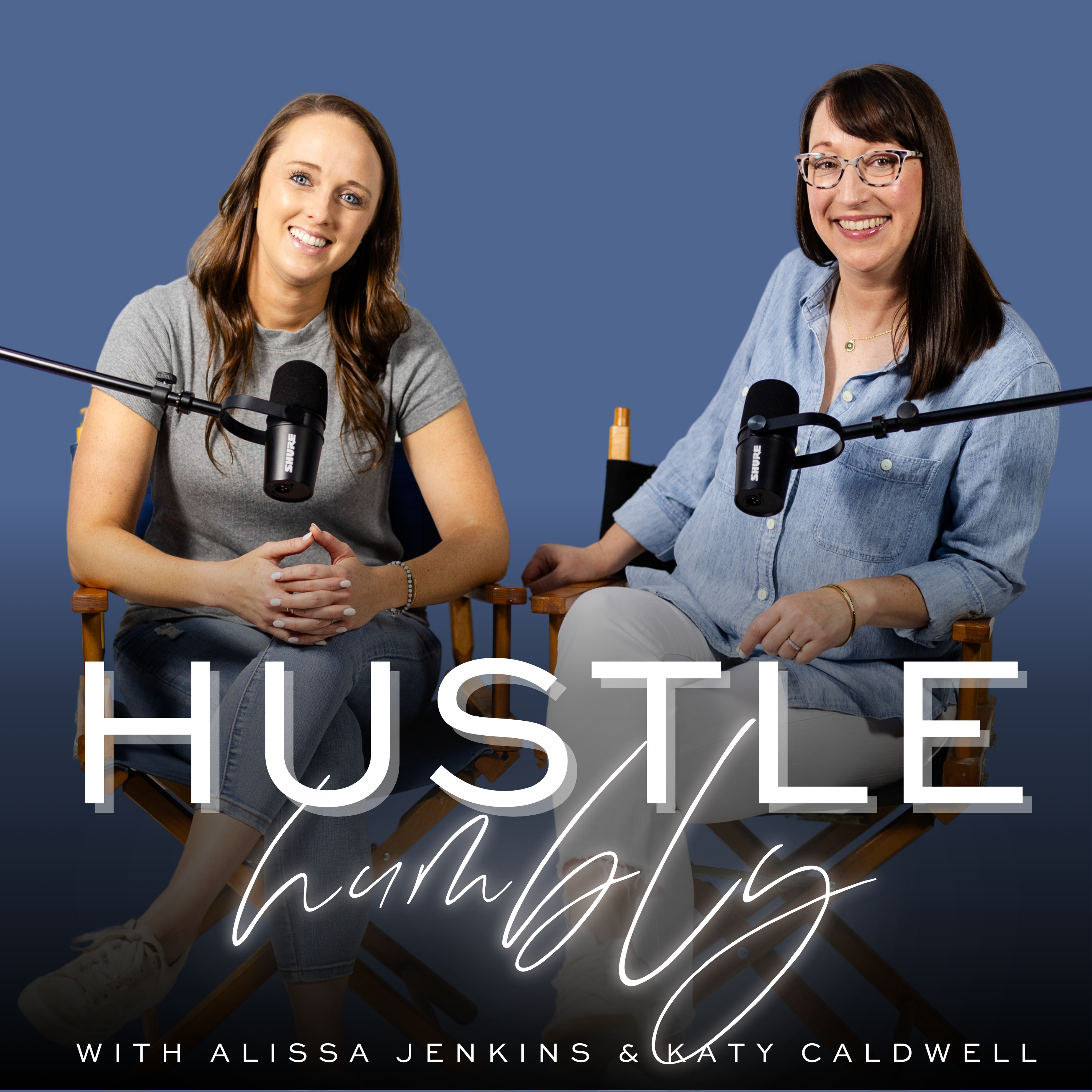How to Choose a Broker: What You Need to Know
Episode 194: How to Choose a Broker
Choosing the right broker is one of the most important decisions for real estate agents, whether you’re just starting out or considering a switch. Your brokerage impacts your training, support, business costs, and overall career growth. In this episode, we discuss how to choose a broker, the key factors to consider, and the right questions to ask before making a decision.
The Importance of Choosing the Right Broker
Your brokerage provides structure, training, and resources, but it doesn’t determine your success. While a supportive broker can help you grow, your work ethic and business strategy ultimately shape your career. Many agents believe switching brokerages will solve their problems, but a new company won’t fix bad habits or a lack of consistency. Before making a move, assess your own business approach and ensure you’re fully utilizing your current brokerage’s resources.
What to Consider When Choosing a Broker
When selecting a brokerage, consider factors beyond commission splits. While compensation is important, other elements like office culture, training, and support play a critical role in your long-term success. Ask yourself:
- Does the brokerage offer the training and mentorship I need?
- What is the company’s reputation in the market?
- How engaged are the broker and staff in supporting agents?
- What are the fees, commission splits, and caps?
- Will I have access to office space and networking opportunities?
Questions to Ask When Interviewing a Broker
During your interviews, ask these key questions to ensure a good fit:
-
Commission and Fees
- What is the commission split?
- Are there additional fees (transaction, desk, franchise, tech, admin)?
- Is there a cap on commissions?
-
Support and Training
- What training programs are available for new and experienced agents?
- Is there a mentorship program?
- How accessible is the broker for contract and transaction support?
-
Company Culture and Community
- How many agents work at the brokerage?
- How many actively participate in meetings and training?
- What networking or community-building events are offered?
-
Office Environment and Resources
- Is there a physical office space available?
- Are agents required to attend meetings?
- What tools and technology are provided?
-
Market Presence and Reputation
- How does the brokerage rank in the local market?
- What marketing support do they offer?
- How long have most agents been with the company?
Making the Right Decision
Choosing a broker is a business decision that should align with your career goals and work style. If you’re new to real estate, look for a brokerage with strong training and mentorship. If you’re experienced, prioritize a structure that maximizes your earnings and business growth. Attend a sales meeting, speak with current agents, and evaluate the brokerage’s culture before committing.
No matter where you work, remember that your success depends on your effort, not just your broker. Listen to this episode to learn how to choose a broker that fits your needs and supports your long-term success.
Leave us a review at RateThisPodcast.com/HustleHumbly
Get your FREE Database Template
Submit your topic ideas and toasts to Hello@HutleHumblyPodcast.com.
